Breaking news! Renowned law firm hired to investigate the Clippers' hidden contract scandal; previously involved in Sterling and Sarver cases
On September 6th, Beijing time, sources informed The Athletic that the NBA has engaged the New York-based Wekai Law Firm to investigate the endorsement deal between Los Angeles Clippers star Kawhi Leonard and a bankrupt environmental company. The probe centers on allegations that this endorsement deal was designed to help the Clippers and their billionaire owner Ballmer circumvent the league's salary cap.
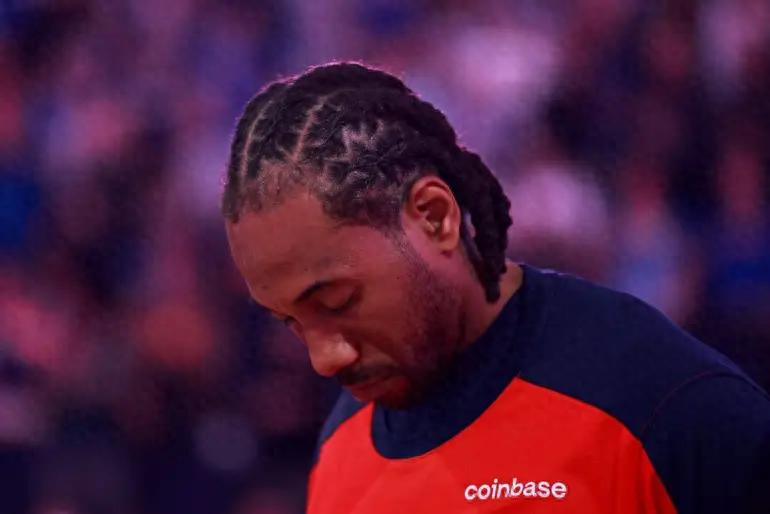

Investigation background: anonymous accusations and multiple controversial details
The immediate trigger for this investigation was accusations from anonymous employees of Aspiration. These employees claimed that Leonard’s four-year, $28 million endorsement contract signed in 2022 was essentially a “nominal employment agreement” aimed at “evading the NBA salary cap.”
Subsequently, the Boston Sports Journal revealed that Leonard had a second contract with the company worth about $20 million, with compensation planned in the form of company stock held by co-founder Joe Sanberg. Sanberg has since agreed to plead guilty to charges of defrauding investors of $248 million.
Investigative team: NBA’s trusted “heavy-hitter” law firm
Sources disclosed that besides Wekai Law Firm leading the investigation, the NBA’s legal department will assign an internal investigator to participate, ensuring the process is thorough and rigorous.
Notably, Wekai Law Firm is no stranger to major NBA investigations—previously handling two cases involving team owners’ misconduct that ultimately forced the owners to sell their teams:
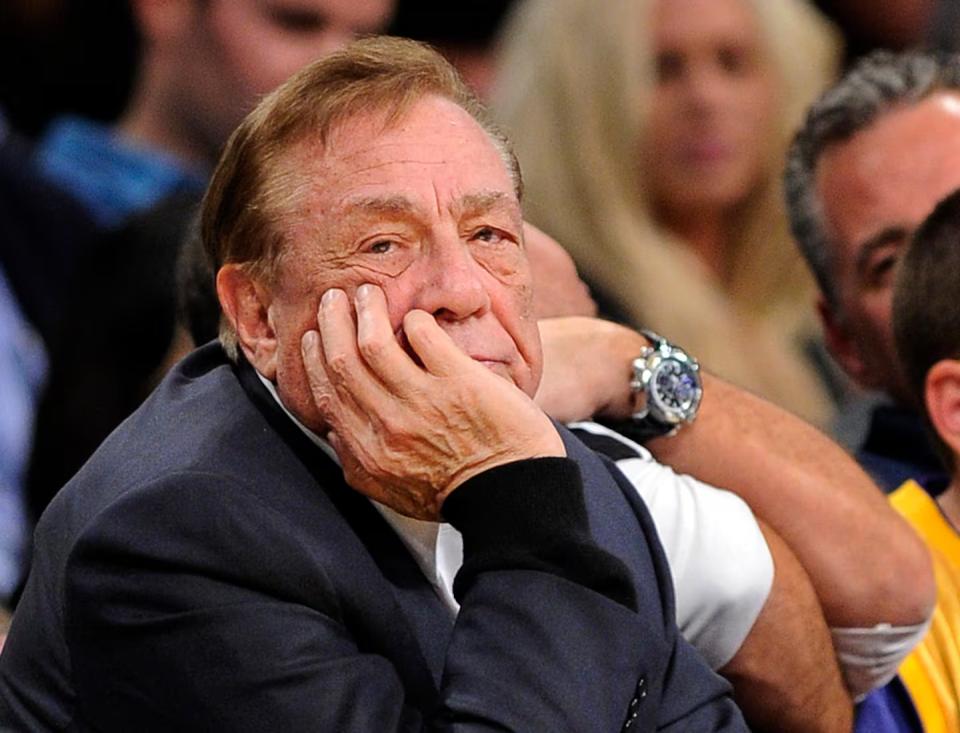
The 2014 Donald Sterling case: then Clippers owner Sterling was investigated by Wekai for making multiple racially discriminatory remarks about NBA legend “Magic” Johnson. The league ultimately compelled Sterling to sell the team.
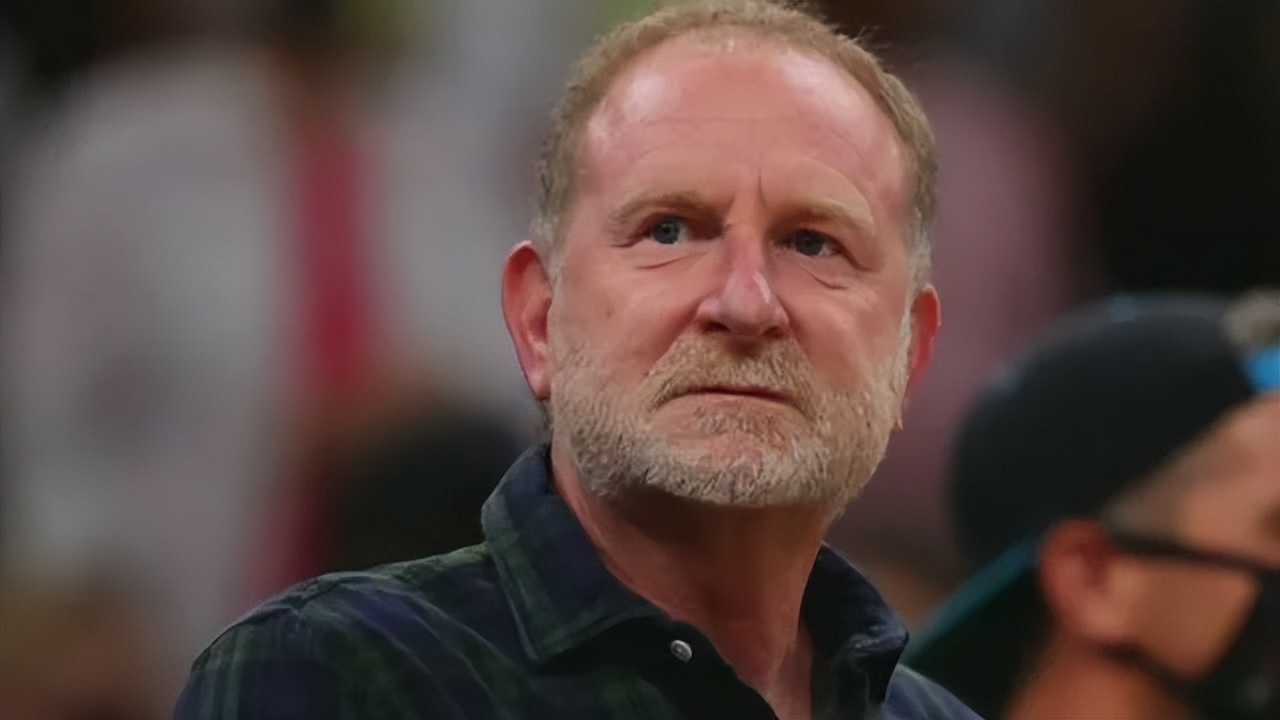
The 2022 Robert Sarver case: former Phoenix Suns owner Sarver was exposed for repeated inappropriate remarks and behavior. After investigation by Wekai, Sarver was suspended for a full season and later chose to sell the team.
Additionally, the firm has been deeply involved in NBA business matters, such as handling legal affairs during the Boston Celtics’ $6.1 billion sale in March 2024.
Timeline and key figures’ responses
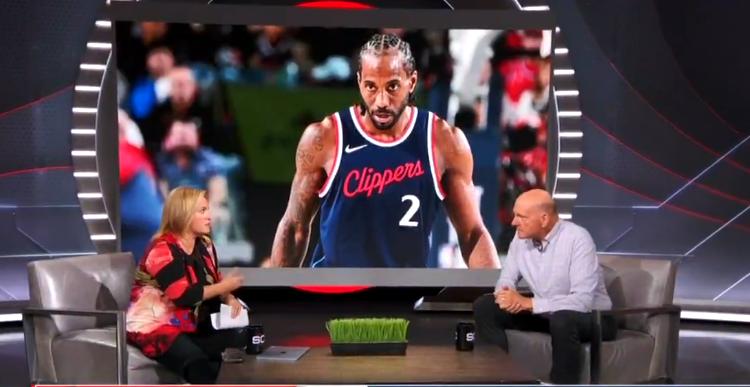
Ballmer’s involvement and denial: According to Forbes, 69-year-old Ballmer is the wealthiest NBA owner with a net worth of $153 billion. He has had prior connections with Aspiration: in 2021, he agreed to invest $50 million in the company; Aspiration was also announced as the Clippers’ new jersey and arena sponsor under a 23-year, $300 million deal.
Ballmer has repeatedly denied any wrongdoing, stating he only “introduced Leonard to Aspiration executives at their request” and was unaware of the details of the employment agreement between Leonard and the company.
Leonard’s “zero-work” endorsement: Leonard’s endorsement contract includes a key clause allowing him to refuse any work requests from the company. There is currently no evidence that Leonard provided any substantive services to Aspiration.
Creditor status in bankruptcy case: In Aspiration’s bankruptcy proceedings, the Clippers and Ballmer’s Forum Entertainment company are the top two creditors, while Leonard ranks as the third largest creditor, owed $7 million according to bankruptcy documents.
Historical controversies and potential penalties
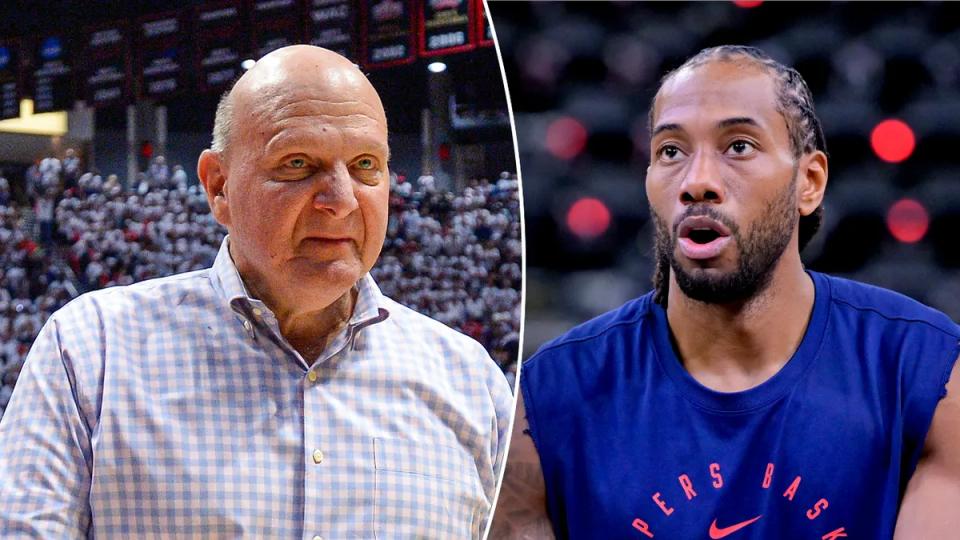
This is not Leonard and the Clippers’ first involvement in salary cap-related controversies: in the summer of 2019, when Leonard became a free agent, his uncle and agent Dennis Robertson requested a series of off-the-record benefits from several interested teams before Leonard ultimately joined the Clippers. The NBA investigated at the time but found no team violations.
In January 2024, Leonard’s contract extension with the Clippers drew league-wide attention—the three-year, $153 million “team-friendly” deal was not a max contract, providing the Clippers with greater roster flexibility.
If the NBA ultimately finds Ballmer, the Clippers, and/or Leonard guilty of violations, severe penalties may be imposed under the league’s collective bargaining agreement. Notably, the Clippers have a prior violation record: in August 2015, the team was fined $250,000 for infractions during DeAndre Jordan’s free agency signing. A new violation would count as a “second offense,” triggering significantly harsher punishments.
According to Article 13, Section 3 of the collective bargaining agreement (regarding penalties for “salary cap circumvention”), after review by the appeals committee, second-time violators among teams and players may face the following consequences—
Teams may be fined up to $7.5 million;
Draft picks may be directly revoked;
Player contracts with teams may be voided, renegotiated, extended, or modified;
Players may be fined up to $350,000;
Team staff involved in intentional violations may be suspended for up to one year;
Violating trades or agreements may be annulled and funds already received forcibly recovered (unless players can prove they were unaware of the violations).


Wonderfulshortvideo
This was too tough 💪 💥


Wemby drains the tough middy 🔥


LeBron throws it down! 😤


What a


Jamal Murray beats the buzzer from beyond halfcourt 😱


Luka love it to Jaxon Hayes 🥶


This block was insane 🤯








 Links
Links
 Contact
Contact
 App
App


